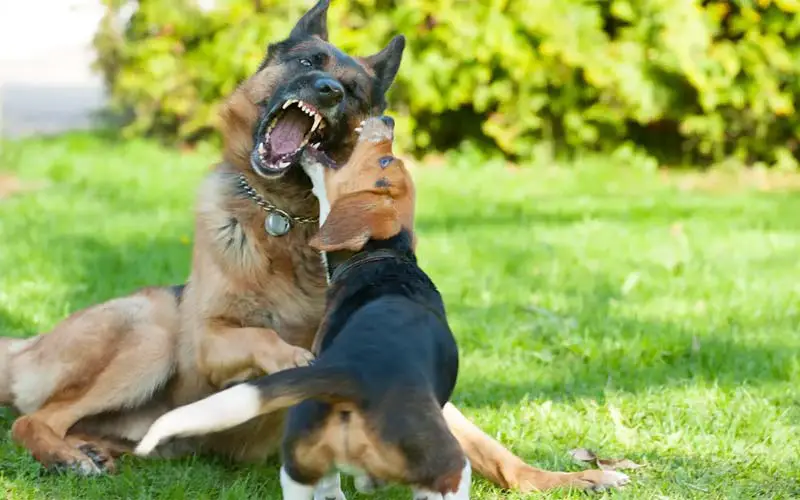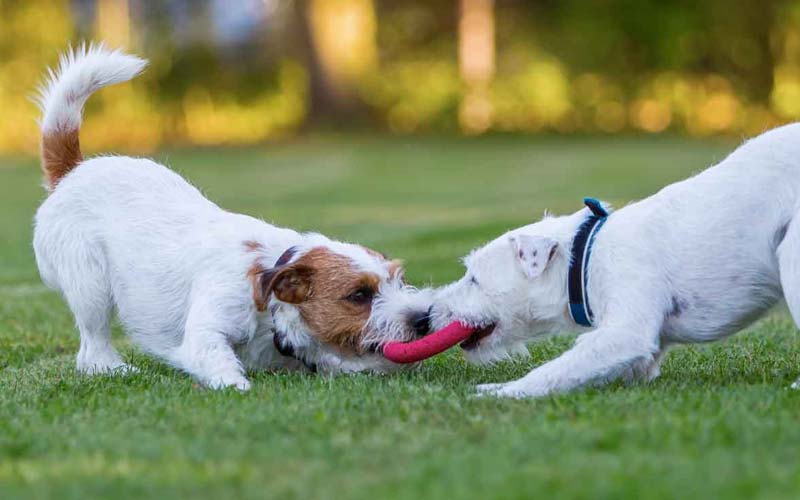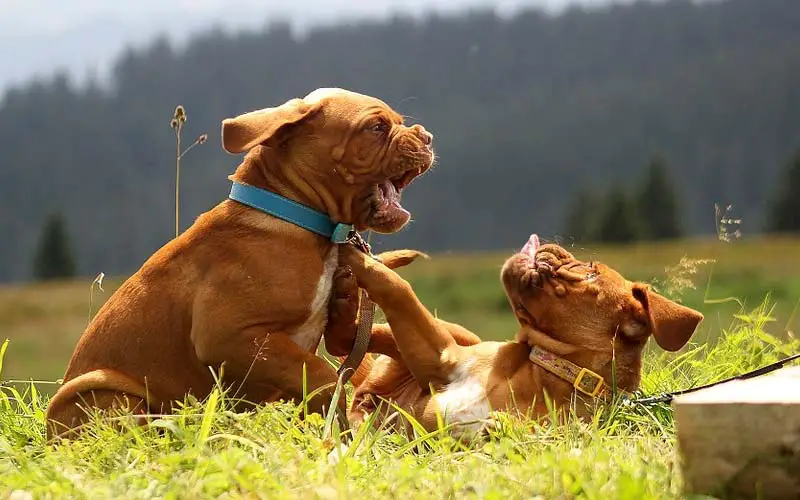Dog parks are great for exercise and socialization, but dog fights can quickly turn a fun outing into a stressful situation. Knowing how to prevent and handle dog fights is essential for any responsible dog owner.

1. Understand Canine Body Language
Recognize signs of aggression or discomfort in dogs, such as stiff posture, raised hackles, and growling. If you see these signs, it’s time to intervene before a fight starts.
2. Choose the Right Time
Visit the dog park during off-peak hours when it’s less crowded. Fewer dogs mean fewer chances for tension and fights.
3. Supervise at All Times
Stay close to your dog and keep an eye on interactions. If play becomes too rough, calmly intervene and separate the dogs before things escalate.
4. Interrupt Potential Fights Early
If you see dogs getting too intense, distract them with a loud noise or a firm voice command. Redirect their attention with toys or a treat.
5. Know When to Leave
If your dog seems overly stressed or another dog is being too aggressive, it’s best to leave the park. Your dog’s safety and comfort should be the priority.

6. Avoid Bringing Toys
Toys can sometimes lead to resource guarding, which can trigger fights. Stick to using toys in a more controlled environment.
7. Keep Small and Large Dogs Separate
Some parks have designated areas for small and large dogs. This reduces the risk of injury and fights due to size differences.
8. Intervene Safely During a Fight
If a fight breaks out, never put your hands between the dogs. Instead, use a large object like a jacket or a water bottle to separate them, or try to pull the dogs apart by their hind legs.
9. Seek Professional Help
If your dog is frequently involved in fights, consider consulting a professional dog trainer or behaviorist to address any underlying issues.

Preventing dog fights at the dog park is about being vigilant and proactive. By understanding canine behavior, supervising play, and knowing when to intervene, you can help ensure a safe and enjoyable experience for all dogs and their owners.